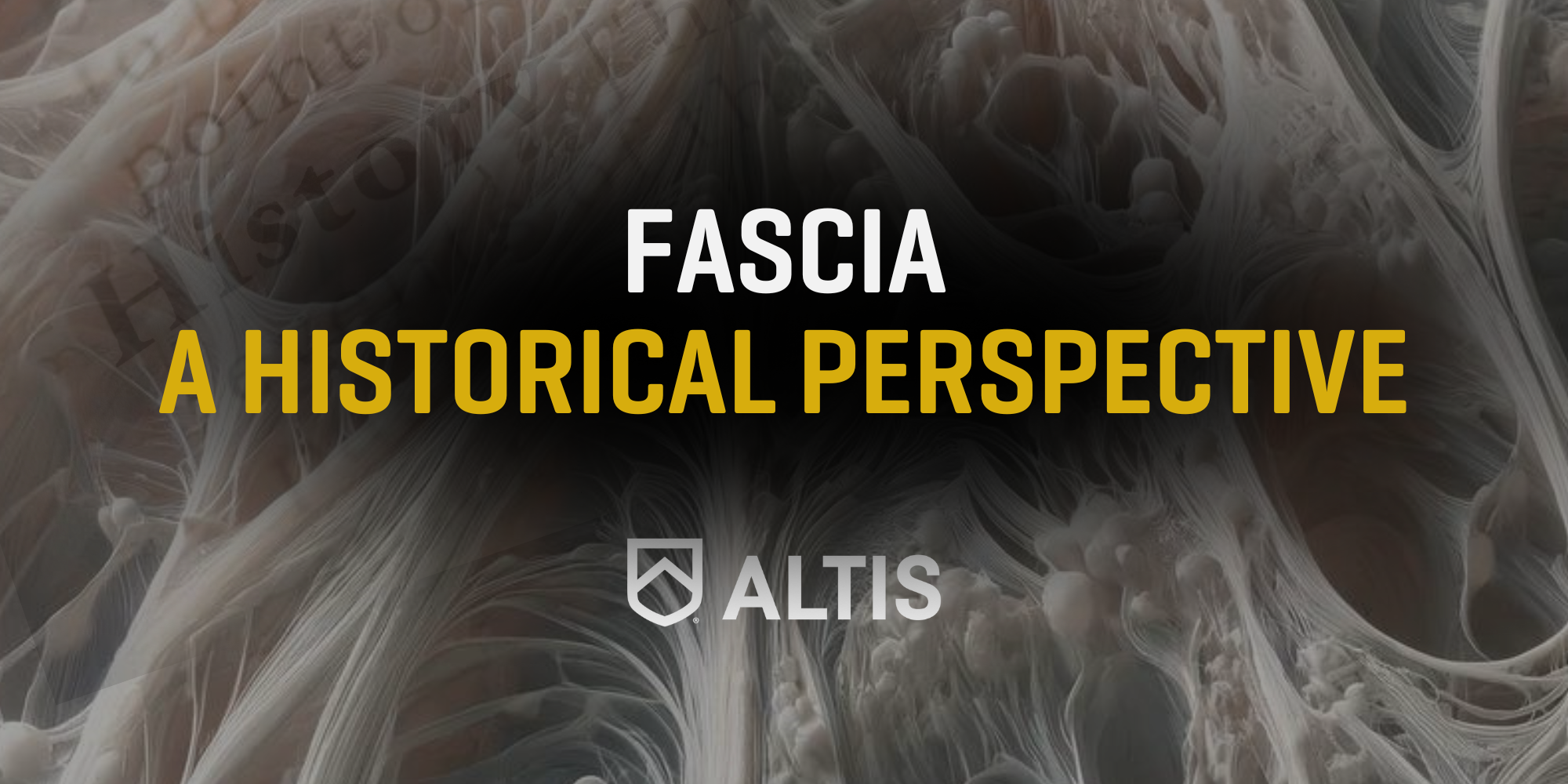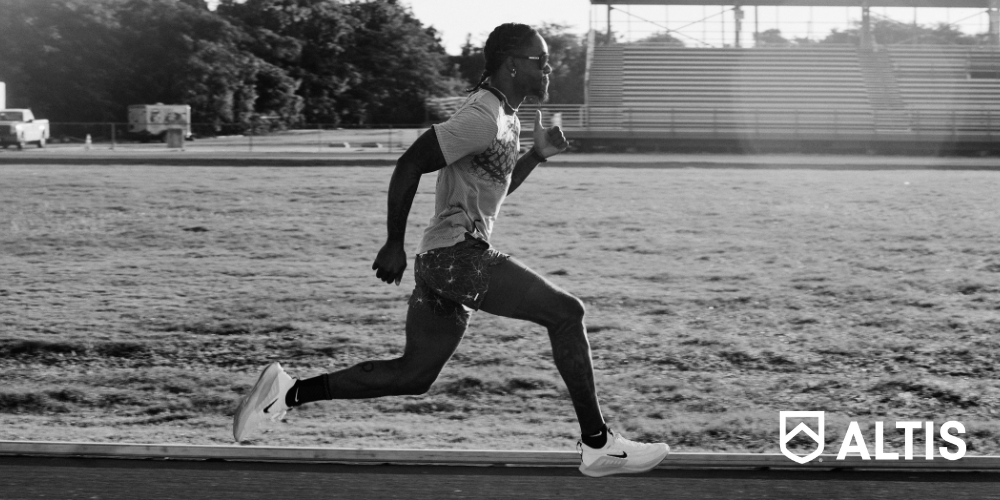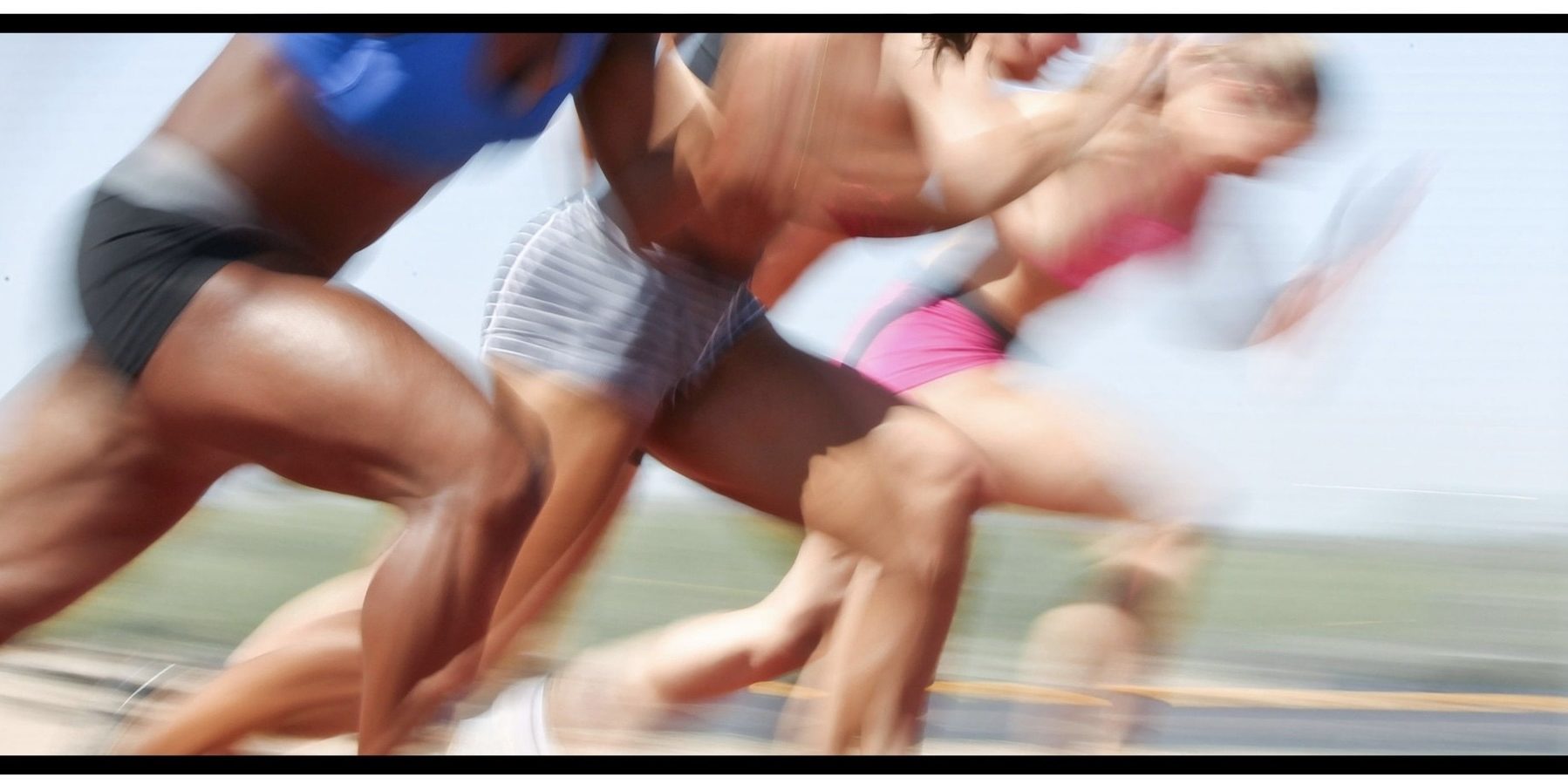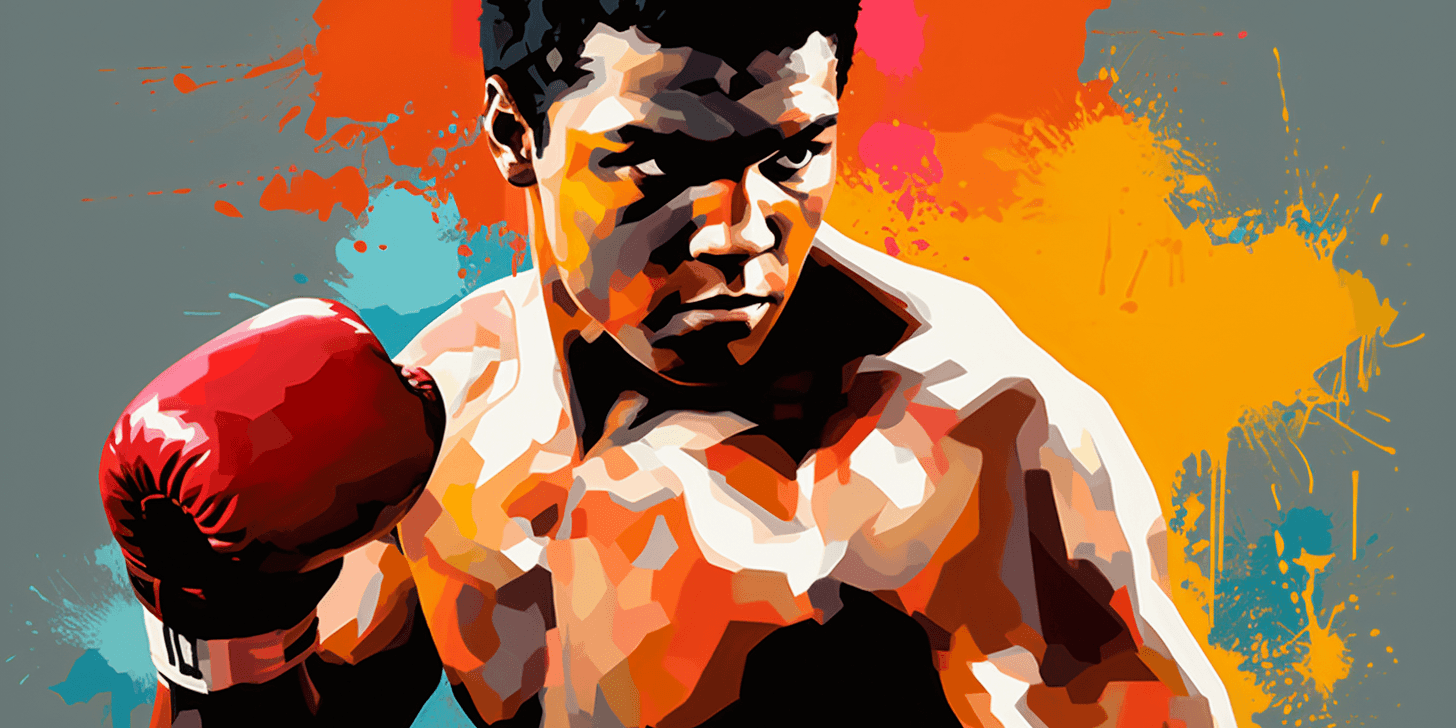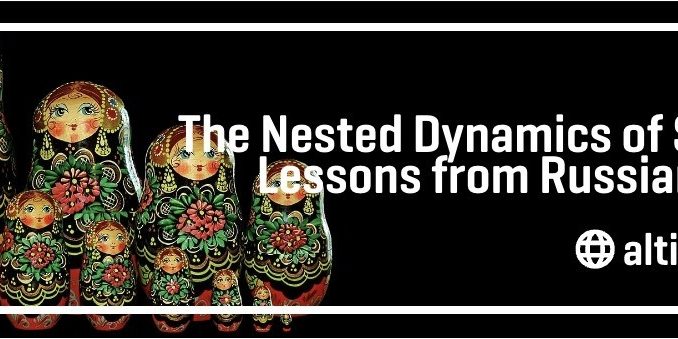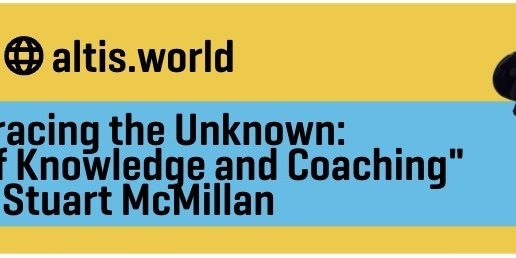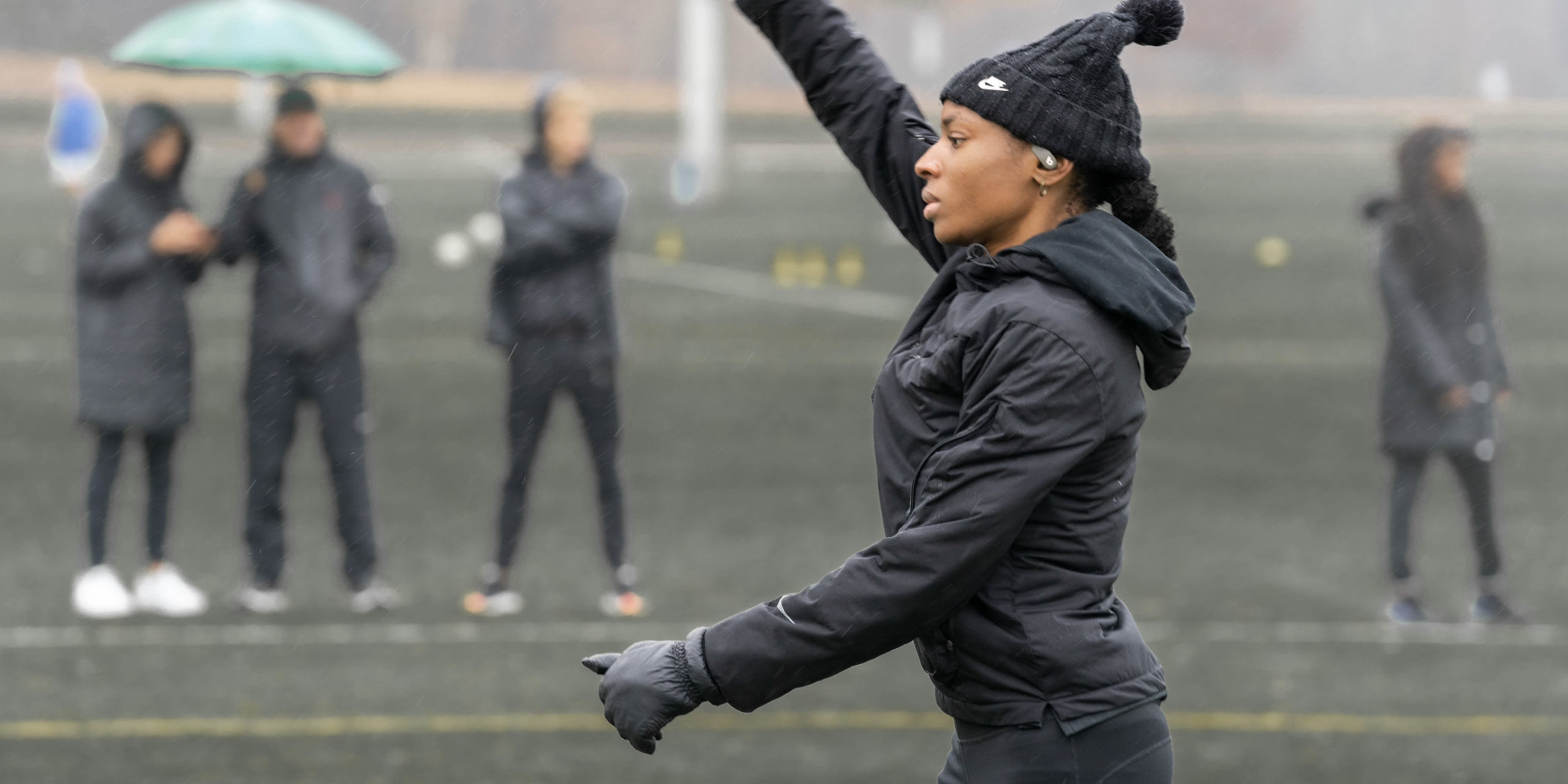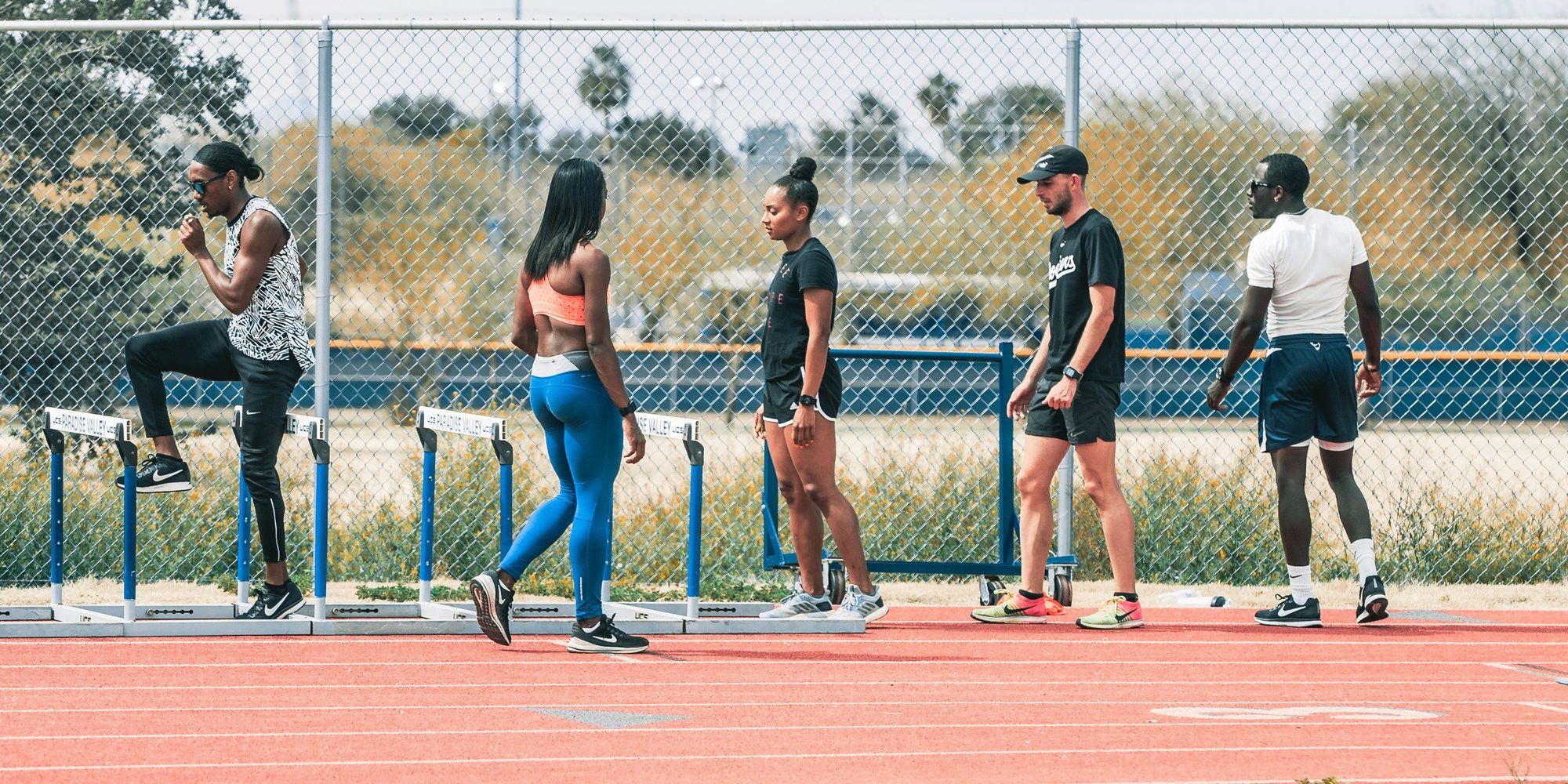Stuart McMillan
ALTIS CEO
Fascia: A historical Perspective
INTRODUCTION In our centuries-long quest to comprehend the complexities of the human body, we have often adopted a reductionist approach - dissecting systems into their constituent parts to study and understand each element in isolation. While this has led to significant advancements in medical science, it has also imposed limitations, as such a method rarely tells us how those...
The ALTIS Assessment Protocol
Assessing speed and movement We are often called in to work with professional teams who bring us in to consult on specific movement or speed-related issues. In the next 2-minutes we share our Assessment Protocol, which is our first port of call for triaging what matters, and what actions to take. Example assessment - Baseball Our assessment process follows four...
Beyond the Track: A 24-7 Approach to Sporting Excellence
Every pre-season, I have individual sit-downs with the athletes I work with, diving into the essence of commitment to their sport. I make it clear that being an athlete isn't just about those 15-20 hours a week spent training; it's a 24-7 pursuit. It's an all-encompassing, interconnected way of living. "We're aiming for an 8/10 across the board," I tell...
The Shuffle Start & Goodhart’s Law: when good enough is good enough
The so-called shuffle start has been making waves in the last few years, especially among elite circles [and most-especially in the United States]. It is characterized by a low projection angle from the blocks, an ultra-low heel recovery [often seen as a toe-drag], and a high step frequency. This may be a controversial take, but I’ve long believed that this...
The Paradox of Performance: Power Meets Grace
The performance of an athlete, in its most exquisite form, is a dynamic interplay of power and grace. A spectacle that mesmerizes us as it seamlessly blends fluidity with ferocity, combines violence with peace, and merges aggression with elegance. It's an art form where strength and subtlety coexist, creating a harmonious symphony of human potential. There's a reason Ali's motto...
The Nested Dynamics of Speed: Lessons from Russian Dolls
Russian dolls, known as Matryoshka dolls, are hollow wooden figurines originating from Russia. They nest inside each other, with the smallest doll at the center. They are adorned with vibrant colors and intricate designs. Matryoshka dolls symbolize family, generations, and Russian culture. They are collected and cherished worldwide as decorative items. But what the heck have they got to do...
Embracing the Unknown: The Island of Knowledge and Coaching
Recently, I reread Marcelo Gleiser's great book, ‘The Island of Knowledge: The Limits of Science and the Search for Meaning,’ and — as always with almost every book I read — reflected upon its implications in sport performance and coaching. One of the primary themes in the book is that of ‘embracing ignorance’. Gleiser argues that the acquisition of knowledge...
Meet the neighbors
How often do you speak to your neighbors? Do you even know them? Research shows that most Americans don’t trust their neighbors. Why not? And what has this to do with speed, you ask? Today we will discuss the relevance of an increasingly isolated world, and how that might affect your understanding of lots of things as they relate to...
Struggling with skill
I alluded to this a few weeks back, and promised I was going to get back to it — which is what I’ll do today: talk about speed, why we should treat it with the respect it deserves, and how — through understanding one simple rule — you can better teach it. So first, the rule: speed is both a...
alligator boogaloo
I wrote the following short piece well over a decade ago -- back when I first started sharing my thoughts publicly. I started a blog called 500words (this was prior to the old mcmillanspeed site), where every post had to be 500 words right on the nose. This was my 2nd or 3rd one -- and I share it here...
